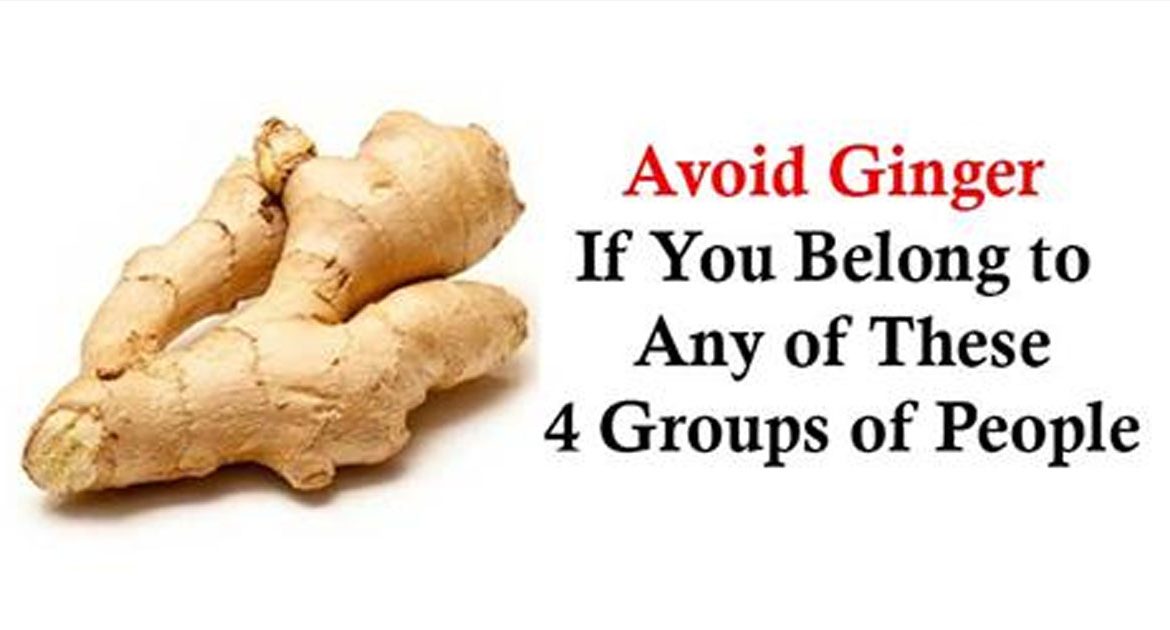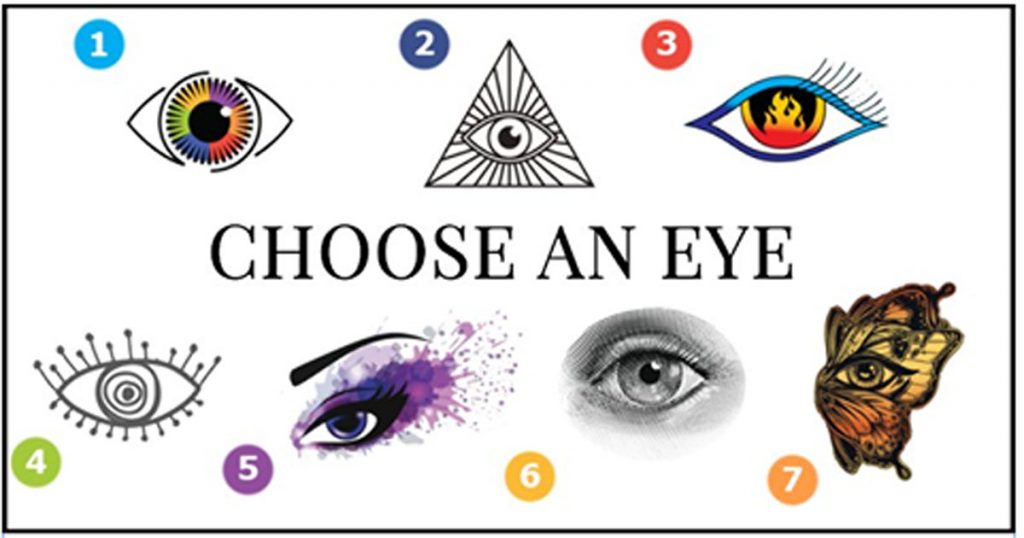Ginger is undoubtedly one of the healthiest foods you can consume, and its countless benefits have been confirmed by many scientific studies.
It detoxifies the body, boosts the immune system, helps digestion, treats digestive issues, and much more.
Yet, there are times when it is best to avoid the consumption of ginger as it might lead to certain side-effects. These are the 4 conditions which restrict its use:
Blood Disorders
Ginger boosts the blood flow, so it is beneficial in the treatment of obesity, Raynaud’s disease, or peripheral artery disease.
Yet, it should not be used in the case of hemophilia, a blood disorder which is characterized by an inability of the blood to clot, as it might neutralize the effects of the medications for the condition.
Drugs
Avoid ginger if you take prescription drugs for diabetes and high blood pressure, as it affects the effects of insulin, beta-blockers, and anticoagulants, and acts as a blood thinner, degrading the blood pressure.
Underweight
Ginger is a rich source of fiber which regulates the pH balance in the stomach, triggers the secretion of digestive enzymes, and supports the fat burning process in the body. Yet, it is not recommended for underweight people as it can cause hair loss, loss of muscle mass, appetite loss, and weight loss, and even an irregular period in women.
Pregnancy
Ginger strengthens the muscles and helps digestion, but it should be avoided in the case of pregnancy as it can cause uterine contractions and premature labor.
Some women use it to reduce their morning sickness, but you should stay away from it, especially during the last trimester of the pregnancy.
Ginger also interferes with the absorption of iron and fat-soluble vitamins in the body. Therefore, you should avoid ginger in the case of these 4 conditions, and consume cayenne pepper or paprika instead.






